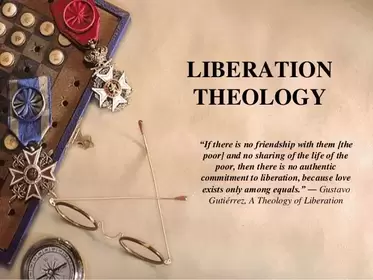 A friend sent me this fine and challenging reflection - here - which speaks, with honesty and critical awareness of the failure of Christian churches and theology to enable the reality of the hope of liberation theology (which, probably not a surprise to anyone (!), was so influential in my own theological formation). I'm reminded of the great historian Christopher Hill's words about the English Revolutions - how 'God visited England in the 17th century century (embodied in radical hopes, dreams, and part achievements) and then moved on' - as I have felt for some years that, certainly in much of what passes for 'traditional' (actually traditionalist) Christianity, God visited in many ways for many centuries but has now moved on. Beyond our struggles to own the appalling violence and toxicity of Christianity's past (and too much of its present), or to embody 'justice' and 'inclusion' meaningfully, the central question of God is still too little considered by Christians - with even liberals and progressives alike too often falling back into old categories, even when they (and to be honest 'we') query or riff upon them. Molly Crawford calls us on us to go much deeper, facing up fully to the 'absence of a liberating God'. As she says, recalling Gustavo Gutierrez' own words:“ We have to break with our mental categories, with the way we relate to others, with our ways of identifying with the Lord, with our cultural milieus, with our social class, in other words, with all that can stand in the way of real, profound solidarity with all those who suffer… from misery and injustice” Or, as Marcella Althaus Reid put it, in words which many queer and womanist critics of classic liberation theology would echo, we need to dwell on, and in, the 'indecency' of the 'absence' of God, and in actual (not so much rhetorical), and truly examined, solidarity.
0 Comments
It was a delight to be part of this year's Rainbow Christians Together presence in the Sydney Mardi Gras 2024, and to meet up, among others, with Julie McCrossin and the Dayenu group.
Budyeri Gamaruwa – greetings in Gadigal. I acknowledge elders, past and present, and all First Nations people here. For before these steps on which we stand existed, this was Aboriginal land. It is, and always will be, Aboriginal land. For true identity, love and self-determination are not ceded by the oppressions of others. That is at the heart of our simple act of solidarity today.
My name is Josephine McDonnell Inkpin. I am a transgender woman and a queer person of faith. including being Minister here at Pitt Street Uniting Church. So I thank you all for coming this morning. For gender diverse people and queer people of faith are very vulnerable right now. We are not surprised by current attacks. In fact, we trans people have been warning about them for ages, but typically our concerns have given little priority -– just as our calls not to issue a visa to an UK rabble-rouser could have helped avoid Nazis on the streets of Melbourne and feeding right wing forces across the country. Similarly, we queer Christians have called for our voices to be heard properly but, with notable exceptions, many key Christian leaders and some queer people have given little priority to our concerns – just as our calls to help us address the now visible Christian Right in Sydney could have helped avoid the violence on Sydney streets. This - must – change: both for the sake of trans people and queer people of faith and for us all. For an attack on any of us is an attack on all of us. Our attackers think that trans people and queer Christians are easy and weak targets. Well, we are so not weak in spirit, but we are not as strong we could be if we had greater voice and empowerment. This simple solidarity photograph is therefore a declaration of that intent... It is (sadly) interesting to me that, whilst I am a lifelong Anglican, and one with decades of helping lead Anglican teaching and formation, my mother Church tradition rarely asks me to contribute to ways out of its neurotic obsessions with sexuality and gender, whereas others in other spaces do (‘a prophet is not without honour’ and all that?).
Here is a latest offering, with thanks to The Sisters of the Good Samaritan for the opportunity to offer a brief perspective on how flourishing LGBTIQA+ lives flow out core elements of Catholic wisdom down the centuries - not least in considering family, the Body, natural law, the imago dei, and God’s grace in Creation. For: ‘this is about reclaiming Catholic emphases on the centrality of God’s grace in the diverse expressions of creation and incarnation, rather than imposing false ideas of sin and shame on those who are actually gifts to help lead us into greater life together. LGBTIQA+ people of faith do not need welcome, or inclusion, for we are already at home with God, as family members and part of Christ’s Body, wholly natural, and imaging the divine in our diverse ways. What we do need is space to flourish, and thereby we can enable others to flourish also.’ See link to the article iFlourishing Together' in The Good Oil here - or text below... 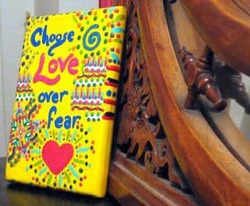 A word re current Lambeth Conference happenings - but it applies to many others too… I’ve always struggled with many faith labels people have tried to stick on me but I’ll still accept ‘ecumenical’ - in the true, big, sense of ‘the whole inhabited earth’, ‘justice, peace and the integrity of creation’, seeking and honouring beauty, truth and goodness wherever it can be found and nurtured, and building on the extraordinary depth of ‘ecumenical grammar’, spiritual nuance and deep relationships developed in the past - and I remain passionately committed to working with anyone who seeks that, whatever label, culture or tradition. That’s been part of the joy of my ecumenical - and interfaith - journeys: discovering others (from Catholics to Pentecostals, Muslims to Wiccans, deep souled Orthodox and big hearted Evangelicals , and those who eschew any ‘faith’ identification). Such people give meaning to the true ‘oneness, holiness, apostolicity, and catholicity’ which others bleat on about but too often only use to bruise and beat up others. Today’s Christian institutional formulations are so typically small, fearful and self-absorbed in that respect - so no wonder we continuing ecumeniacs struggle to be heard. It saddens me that Churches have so little interest in real growth (in humanity and spirituality - not institutional numbers, boundaries and ‘resolutions’) and so neglect the ways forward that ‘receptive’ ecumenists have sought to share - asking not what we can get accepted by others, but what gifts of ‘the other’ (especially the marginal and ostracised ‘other’) we desperately need for our own growth and our mutual survival, never mind flourishing, on this fragile threatened planet. I know that in every great faith tradition - and not least in the Anglican ones I know best (including some fine bishops now at Lambeth) - that others share my feelings and seek to live faith more abundantly. May we keep such faith and join our hearts and hands with those who also share that vision, wherever they be and come from, choosing love not fear. 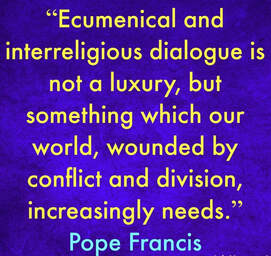 an introductory reflection offered to a recent NSW Ecumenical Council discussion by Josephine Inkpin Firstly let me acknowledge country – in particular the land of the Gadigal people of the Eora nation on which I live: their elders past, present and emerging. I also acknowledge all First Nations people here. I do so as right and proper. I also do so as this immediately focuses our discussions. For I live in a suburb (Forest Lodge) named after the house of Ambrose Foss, one of Pitt Street Uniting Church’s distinguished early founders. Next door is the suburb of Glebe: a name also witnessing to Christianity’s role in the dispossession of First Nations peoples. Such naming highlights how so many of our conventional expectations and faith stories are tied up with power. This lies at the heart of many divisions, embedded in our ways of thinking and being. Thanks be for God’s grace, these things are not intractable. Yet, without at least naming them, we will not go far in addressing the polarisation they help cause... For (too) many years, with others, I've coaxed and cajoled. Sadly though, at this transition point, I’m going to have to say it clearly once more - many ‘affirming’ church leaders truly frustrate me and are major problematic parts of the continuing ‘issues’ that churches and wider society have with sexuality & gender Individually some church leaders can be quite kindly in disposition, as well as otherwise gifted, but as a body they are a key element of the (straight) problem we have, alongside the bigots they refuse to face down publicly. It also sometimes feels like they are stuck in a time warp. For two things stand out...
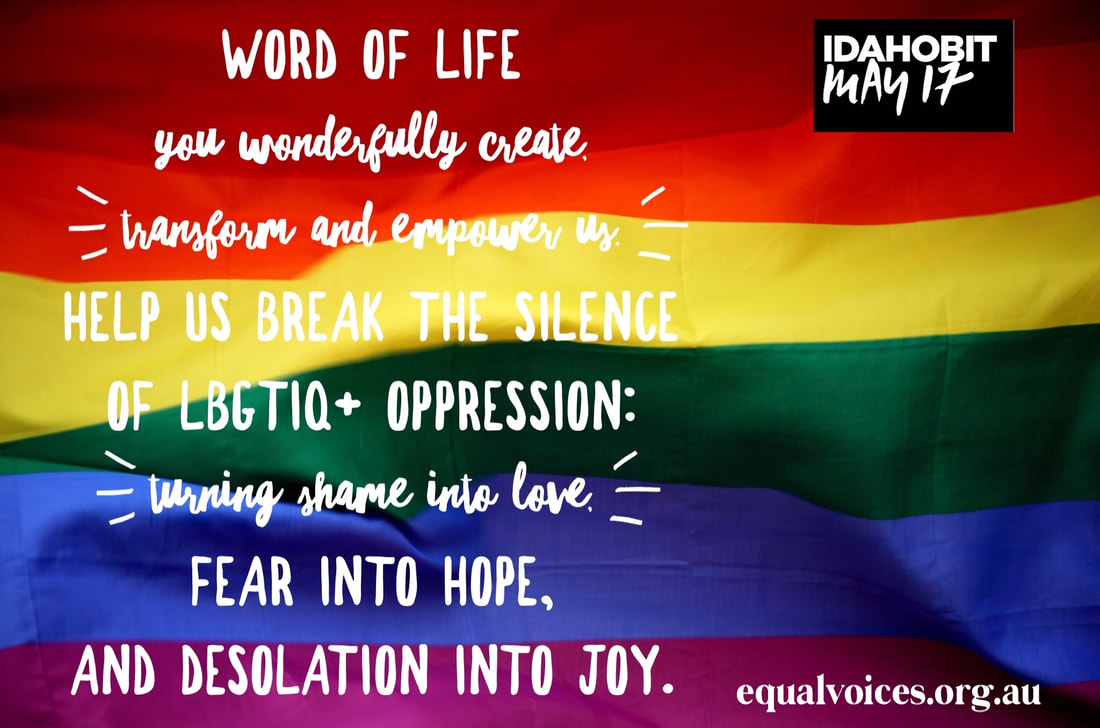 I first formally joined the (UK) Lesbian and Gay Christian Movement in 1990, the year that the World Health Organisation removed homosexuality from the Classification of Diseases and Related Health Problems, and IDAHOBIT - the International Day Against Homophobia, Biphobia, Interphobia & Transphobia - began. May 17 (IDAHOBIT) marks the anniversary of that significant WHO change, and since then considerable advances have been made by LGBTIQ people across the world and in many key sectors of life. The original gay and lesbian focus has also been widened and deepened to acknowledge the rich diversity of human sexuality and gender: IDAHOBIT thus started as IDAHO, without bisexual, intersex and transgender engagement, just as the Lesbian and Gay Christian Movement, to which I still belong, has broadened as One Body One Faith. The need for IDAHOBIT is still nonetheless massively apparent, particularly in many countries of the world. Under the cover of the COVID-19 crisis, some, such as Hungary and Poland, are also moving backwards in respect and affirmation. In countries such as Australia, understanding and support of bisexual, intersex and transgender people still lags behind progress for gay and lesbian people. As the International Day reaches 30 years old however, it is also a time for appropriate celebration of remarkable positive developments in so many places and areas of life. When, and how, however will Churches, and other religious groups grow up to their own mature humanity, 'to the measure of the full stature of Christ' (as Ephesians 4.13 puts it)?... One of the gifts I was given during my time as General Secretary of the NSW Ecumenical Council was a small seven branch candelabrum, from the Indian Orthodox community in Sydney. I love it for many reasons: not least as it helps me recall something of the wonderful life and faith of Indian Christianities and cultures; since it reminds me of the inheritance and shared values which Christianity owes to Judaism; and because it is such a beautiful item for life. for all For light is such a vital symbol for spirituality in so many different forms and context, and, In our current COVID-19 crisis, this is a particularly lovely thing to explore. Within the Orthodox and Catholic (including many Anglican) traditions of Christianity lighting of candles is certainly a very life-giving established form of prayer. As the Greek Orthodox Archdiocese of America expresses it: 'Upon entering an Orthodox church, for example, it is customary to light candles and offer prayers for one’s personal needs or that of a family member or friend. Candles are lit before icons as a sign of one’s faith and hope in God’s help. .. By lighting a candle and offering a prayer, one enters into closer contact with the Church and her ministry to the faithful, invisibly warming the soul by the visible light of the candle.' See further, and for an opportunity to light a virtual candle here. In my case, I often like to use my candelabrum to bless the classic seven directional dimensions of my life and world: north, south, east, west, beneath, above, and within. In doing so I can remember particular people or aspects of life. At this time for example, when I light one candle I hold in prayer, and offer intention, for those in the northern hemisphere, including those in Italy, Spain and the USA, who have been so badly affected by the coronavirus, and my family and native land in the UK. Praying for what is beneath me similarly enables me to recall the land of which I am a part, and the first nations of the place where I now live. Lighting a candle and praying for/with that which is above can also be a way of connecting with the greater universe and the powers which create, sustain and evolve within it. Working through the different directions thereby connects me more deeply with all that is, transforming my own little consciousness in the so much bigger and richer tapestry of all. Whether you, or those you know, draw on traditional pathways of spirituality or not, praying in similar ways with candles might be a helpful aid in our COVID-19 days? Here, below, is my wife Penny Jones using our candelabrum in a brief prayerful reflection for her YouTube series for Milton Anglicans... 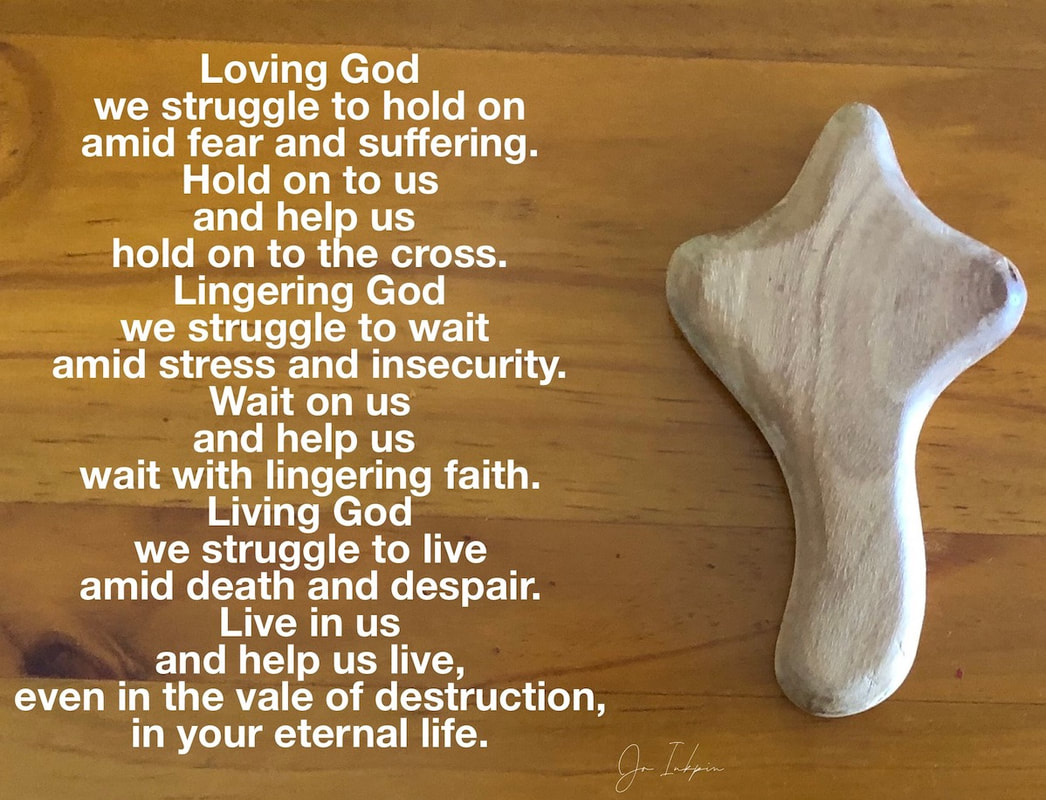 Although aspects of Christian tradition have been devastating for physical love and comfort, the Jesus' story resounds with affirmation of the goodness of life, materiality and the senses. Touch is central to so many Jesus, and other holy, encounters. The body is not at all to be shunned. Rather it is, literally and spiritually, to be fully embraced, as a place where God is 'incarnate' (made flesh) among us. Of course, as with other aspects of life, there can be issues with use of the body, and its abuse by others, but it is fundamentally a beautiful, good, and loving gift of God. This is expressed in the very embodied nature of so much Christian sacramentality and liturgical action, including the sharing of the Peace and laying on of hands. One of the saddest things for many people right now, particularly those who are most isolated and/or lonely, is the further radical distancing of touch. The following prayer is thus partly a contribution to expressing this and finding other spiritual connection. It uses the practical tool, and embodying symbol, of the holding cross, which many people find helpful at times of stress, illness and loss. When we are unable even to speak due to pain, clasping such a spiritual aid can be life-giving and a means of receiving vital grace and strength. Even when others cannot hold us, we can ask for God's love to do so, and allow it to flow through us. In writing this prayer, the word 'lingering' came particularly to mind. It is less conventional than other descriptors of the divine but maybe especially evocative for these times. Perhaps, not least when church buildings and traditional elements are closed or silent, God is often among us as a more lingering presence, more like a whisper than a roar? That is also to affirm a more enduring reality than the 'signs of wonders' of much conventional religiosity. I offer it anyway as part of my prayer, in solidarity with others from whom I am currently physically apart. Do you have a holding cross? Could you perhaps make one, or more, for yourself and/or others? As I wrote this prayer I was particularly reminded of the late Sister Angela - the extraordinary Franciscan nun, mystic and sculptress/artist - whom I met years ago in Stroud in New South Wales. She taught me how to make my own wooden holding cross. I also give thanks for Les Rub, a beautiful friend and faith companion in Toowoomba, who has made so many holding crosses for others, distributed as a ministry to those in need in hospital, at home, or elsewhere. May such expressions of love, like this prayer, continue to hold and strengthen us and others, this day and always: Loving God we struggle to hold on amid fear and suffering. Hold on to us and help us hold on to the cross. Lingering God we struggle to wait amid stress and insecurity. Wait on us and help us wait with lingering faith. Living God we struggle to live amid death and despair. Live in us and help us live, even in the vale of destruction, in your eternal life. |
AuthorJo Inkpin is an Anglican priest serving as Minister of Pitt St Uniting Church in Sydney, a trans woman, theologian & justice activist. These are some of my reflections on life, spirit, and the search for peace, justice & sustainable creation. Archives
July 2024
Categories
All
|
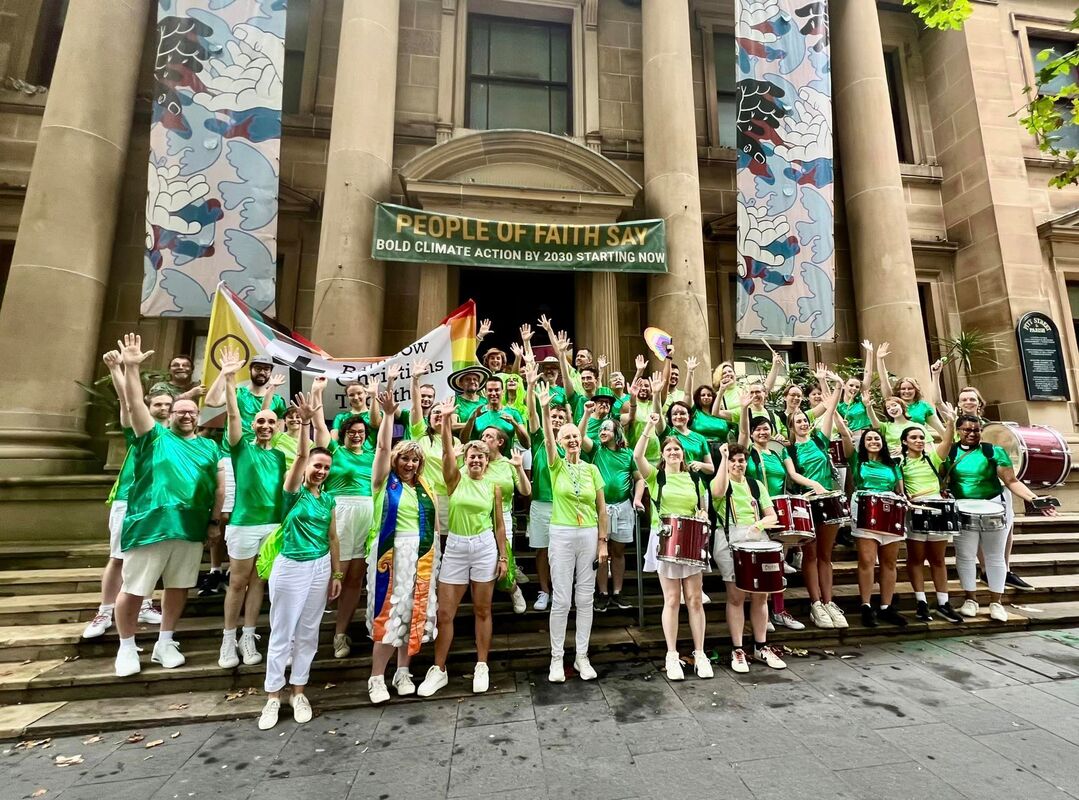
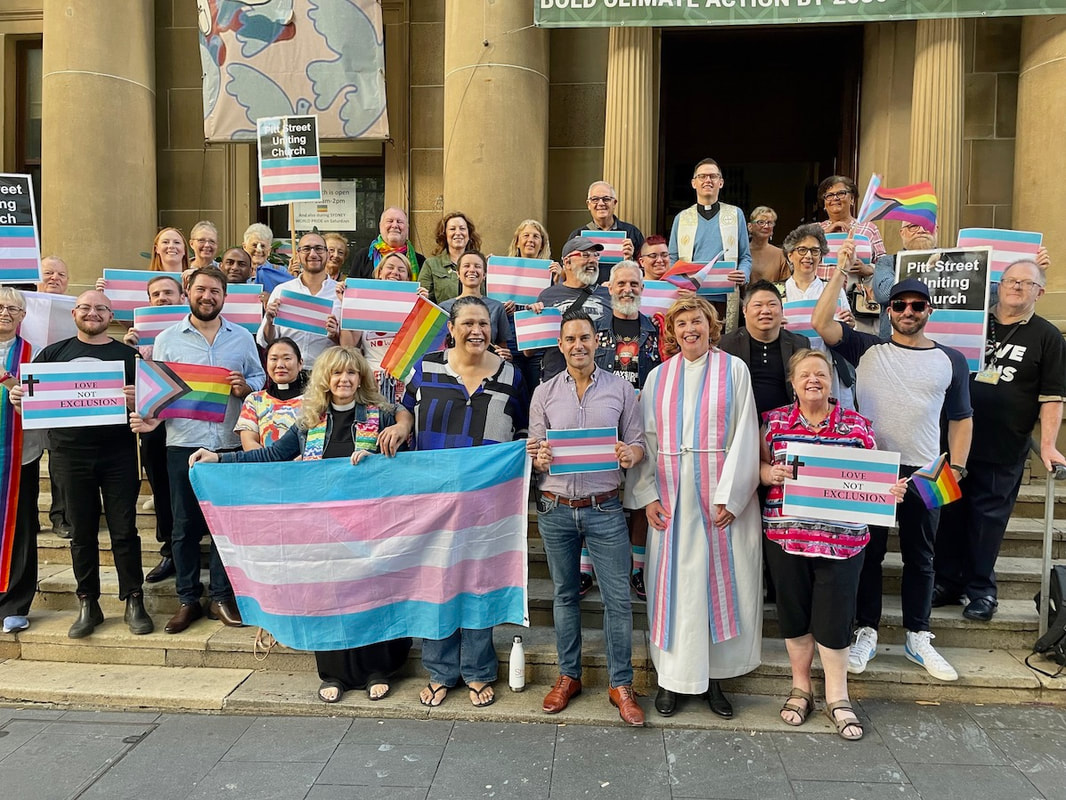
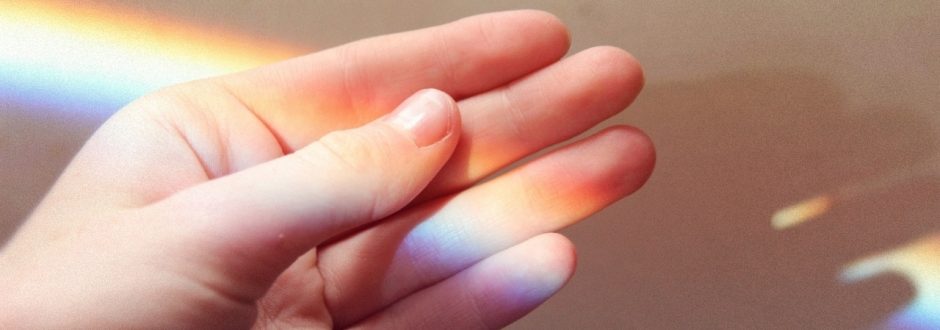
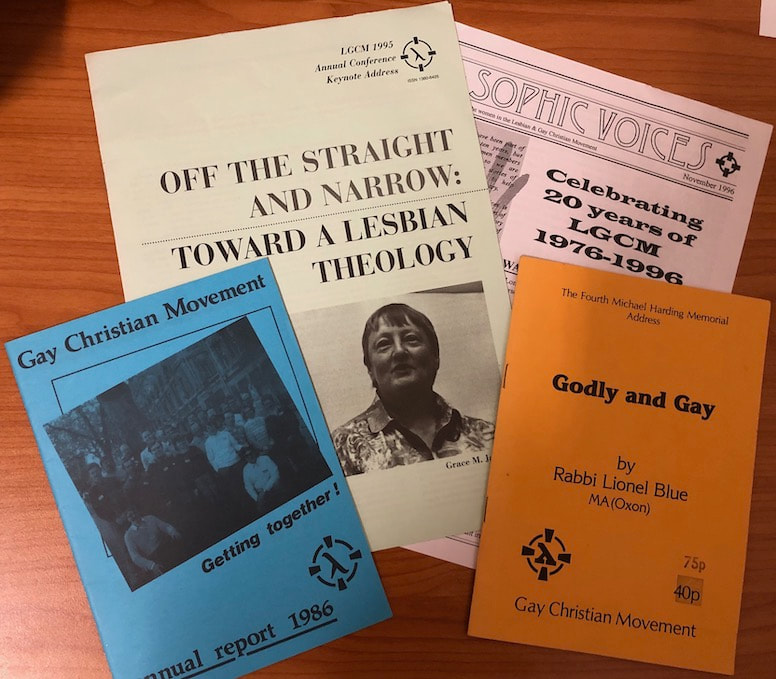
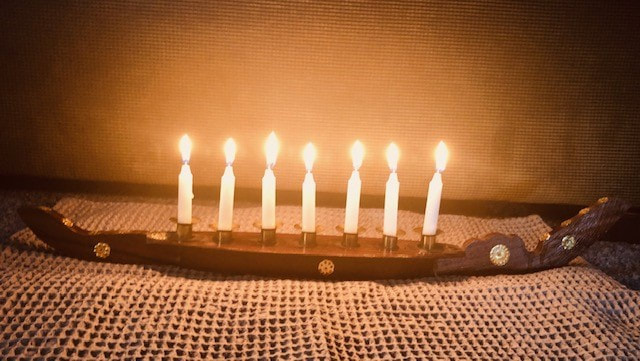
 RSS Feed
RSS Feed